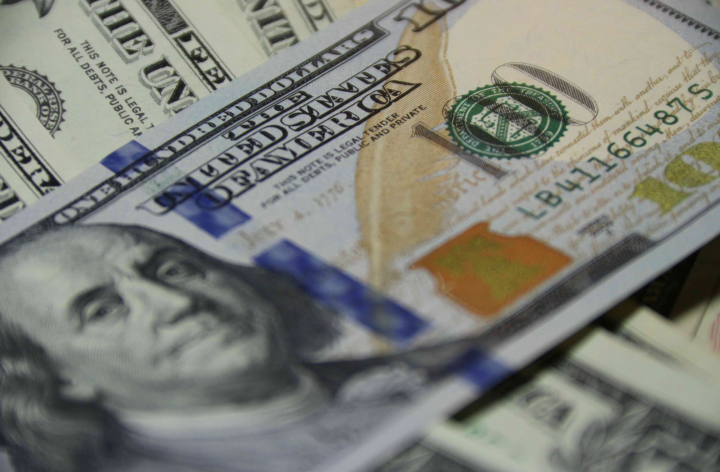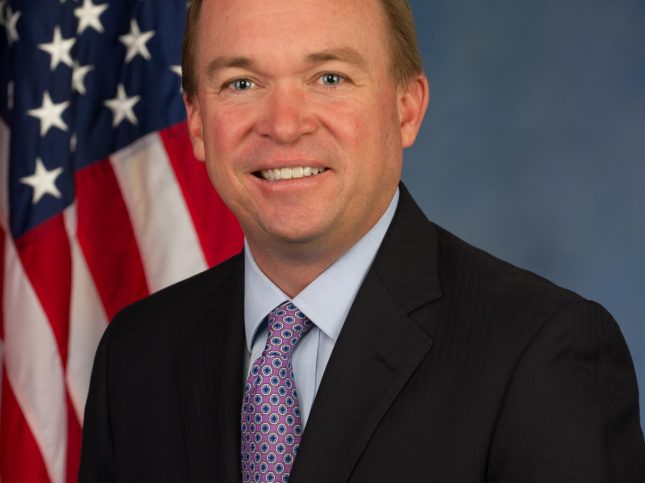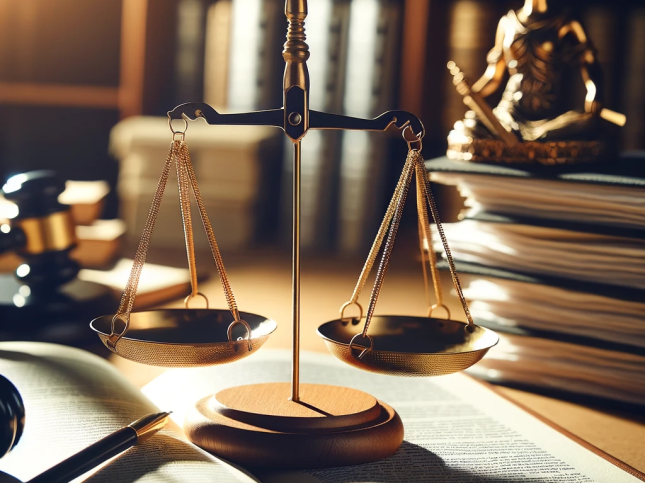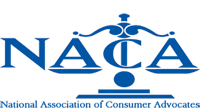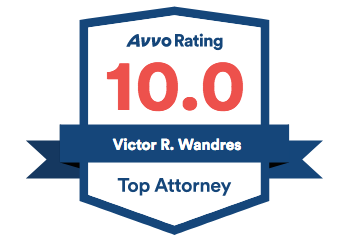You Can’t Always Get What You Want, But Sometimes… You Can Get Your Money Back!
Federal Law Allows You to Dispute Credit Card Charges
The Fair Credit Billing Act (FCBA) was passed in 1975. The FCBA’s primary goal is to establish consumers’ rights when errors occur on the bill. These errors include unauthorized charges (identity theft), math errors, billing mistakes and the like. 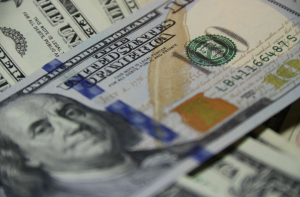
However, the FCBA also covers disputes about the quality of goods or services. It allows consumers, when dissatisfied, to dispute a credit card purchase with their credit card company. Consumers can dispute the charge and reverse a credit card sales transaction. It removes the charge from a cardholder’s bill and “charges back” the amount to the merchant.
Substandard Goods and Services Included
If you aren’t satisfied with goods or services that you received, and you paid with your credit card, then you may be get your money back by disputing the charge with your credit card company. If the credit card company agrees with you, the most you should be liable for is $50, though many banks waive this fee. In order to initiate a chargeback, first you must try to contact the merchant and work things out. The law states that a consumer must make a “good faith attempt to obtain satisfactory resolution of a disagreement or problem relative to the transaction” from merchants. Although the law technically requires the purchase to have been made in the same state as the your home address (or within 100 miles), most credit card issuers also waive this requirement.
Recently, NBC-affiliate KJRH Channel 2 asked Paramount Law Consumer Attorney Victor Wandres to provide consumers with information regarding their rights to obtain money back from L’Chaim Medical Spa that presold services, but abruptly shut their doors. The L’Chaim website currently states that the spa is closed and to contact them regarding pre-paid services. However, in the event that L’Chaim Medical Spa does not issue a refund to those who prepaid but were not served, some consumers may be able to get their money back from the merchant by filing a dispute.
How to Dispute a Charge for Services You Never Received:
- Keep your receipts, emails and other records of transactions.
- First contact the merchant to request a refund. A certified letter directed to the merchant is never a bad idea. Be sure to keep a copy.
- If you don’t get what you want (or never hear back from the merchant), contact your credit card issuer to dispute the charge. You will be asked to fill out a form and supply documentation regarding your dispute. You may be able to do this online.
- Work fast! You cannot withhold a payment after paying the bill!
If your bank refuses to find the dispute in your favor, contact a consumer attorney like Paramount Law. In the event that the bank was incorrect in not siding in your favor, the law provides that the bank will pay your attorney fees.

